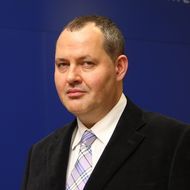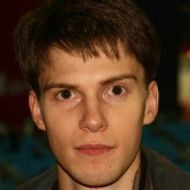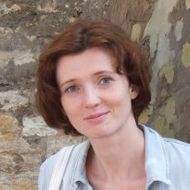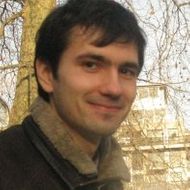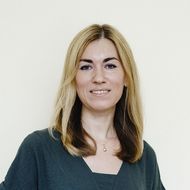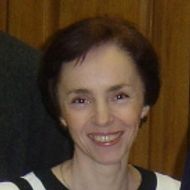- A
- A
- A
- ABC
- ABC
- ABC
- А
- А
- А
- А
- А
- HSE University
- Faculties
- Faculty of Economic Sciences
- News
- Annual Contest to Predict Nobel Prize Winners in Economics
-
Departments
- Departments
-
Institutes and Centres
-
- Institute of Economics and Utility Regulation
- Institute for Industrial and Market Studies
- Centre for Labour Market Studies
- International Centre of Decision Choice and Analysis
- Centre of Development Institute
- Centre for Financial Research & Data Analytics
- Economic Statistics Centre of Excellence
- Anti-Corruption Centre
-
-
Laboratories
-
- International Laboratory for Macroeconomic Analysis
- International Laboratory of Stochastic Analysis and its Applications
- International Laboratory for Experimental and Behavioural Economics
- Corporate Finance Center
- Laboratory for Banking Studies
- Laboratory for Labour Market Studies
- Laboratory for Sport Studies
- Laboratory for Wealth Measurement
- Project Laboratory for Development of Intellectual Competitions in Economics
- Laboratory for Spatial Econometric Modeling of Socio-Economic Processes in Russia
- Laboratory for Geometric Algebra and Applications
-
- Department of Financial Market Infrastructure
- ICEF
-
Educational Programmes
- Bachelor's Programmes
-
Master's Programmes
-
- Economics and Economic Policy
- Agrarian Economics
- Stochastic Modeling in Economics and Finance (Previously, Master's in Statistical Modelling and Actuarial Science)
- Statistical Analysis in Economics
- Economic Analysis (Online)
- Strategic Corporate Finance
- Financial Markets and Institutions
- Corporate Finance
- Financial Engineering
- Master of Business Analytics (Online)
- Investments in Financial Markets (Online)
-
- Doctoral Programmes
-
Faculty
109028, Moscow,
11 Pokrovsky Boulevard,
Room Т-614
Phone: (495) 628-83-68
email: fes@hse.ru
Founded in 1992, the HSE Faculty of Economics is the university’s oldest faculty. In the years since it was founded, it has gained a reputation as Russia’s leader in terms of higher economic education.
A fundamental education in modern economic theory and mathematics is combined with the study of applied disciplines, such as taxation, budget policies and processes, financial management and other related fields.
Besstremyannaya G., Dasher R., Golovan S.
HSE Economic Journal. 2025. Vol. 29. No. 1. P. 72-102.
In bk.: Advances in Computer Graphics: 41st Computer Graphics International Conference, CGI 2024, Geneva, Switzerland, July 1–5, 2024, Proceedings, Part III. Vol. 15340. Springer, 2025. P. 336-348.
Series FE "Financial Economics"". WP BRP. HSE University , 2025. No. WP BRP 97.
109028, Moscow,
11 Pokrovsky Boulevard,
Room Т-614
Phone: (495) 628-83-68
email: fes@hse.ru

Annual Contest to Predict Nobel Prize Winners in Economics
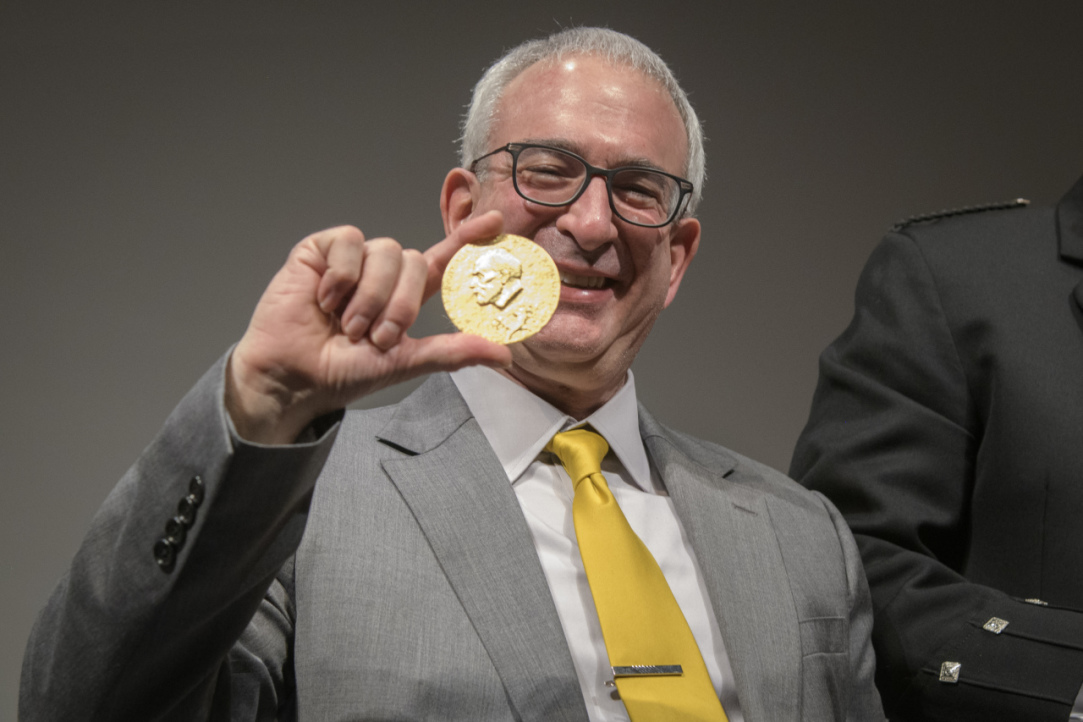
The new laureates of the Sveriges Riksbank Prize in Economic Sciences in Memory of Alfred Nobel will be announced on October 10. Until that day, HSE University staff, students, and anyone else interested can test their knowledge of the current state of economic sciences and see how close their guesses are to the jury's verdict. Participants should specify the names of their favourites in the form before October 9, 23:59:59 Moscow time (you can name between one and three economists). You can only vote once. The results will be announced on October 11.
If you want to increase your chances of success, you can watch a webinar where the two winners of last year's contest talk about whether their favourites have changed over the years, as well as the role of luck in making correct predictions, where to find a list of potential laureates, whether it is worth focusing on the Hirsch index, what kind of research generally wins the Nobel Prize, and what benefit it has for science (the recording is available here).
The contest is named after NES Professor Andrey Bremzen, a talented populariser of economic sciences and organiser of intellectual competitions. Last year, 184 people participated in the competition—two of them made 100% accurate predictions, five named two laureates correctly, and another 14 people guessed one Nobel laureate.
- About
- About
- Key Figures & Facts
- Sustainability at HSE University
- Faculties & Departments
- International Partnerships
- Faculty & Staff
- HSE Buildings
- Public Enquiries
- Studies
- Admissions
- Programme Catalogue
- Undergraduate
- Graduate
- Exchange Programmes
- Summer Schools
- Semester in Moscow
- Business Internship
-
https://elearning.hse.ru/en/mooc/
Massive Open Online Courses
-
https://www.hse.ru/en/visual/
HSE Site for the Visually Impaired
-
http://5top100.com/
Russian Academic Excellence Project 5-100
- © HSE University 1993–2025 Contacts Copyright Privacy Policy Site Map
- Edit
